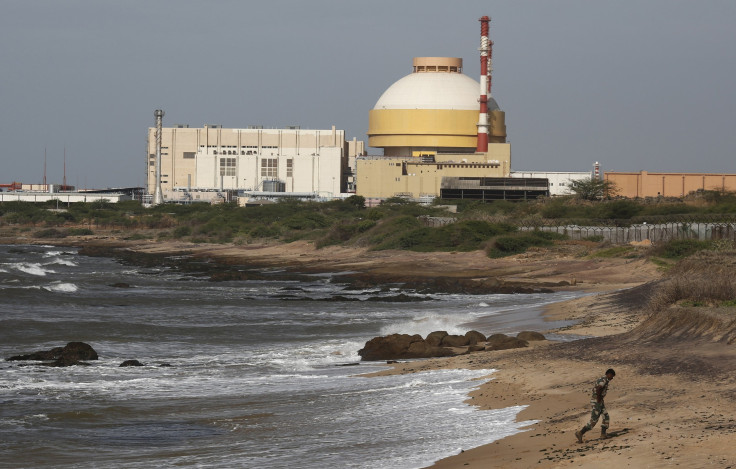India To Expand Civilian Nuclear Agreement With IAEA In Return For Better Access To Technologies

Indian officials said Monday that the country will sign an agreement with the International Atomic Energy Agency to expand IAEA's supervision of, and bring greater transparency to, the country's civilian nuclear program, while allowing the country better access to technology for the purpose of nuclear power generation.
The move indicates that the new government in New Delhi, led by Narendra Modi, is looking to clear the way for a nuclear deal between the U.S. and India, despite doubts expressed by critics of this deal who are unsure whether India can access nuclear material without signing the Non-Proliferation Treaty, or NPT, which restricts member nations from developing nuclear weapons.
“The government has decided to ratify the additional protocol to the India specific safeguards agreement. We had signed this earlier. What we have now decided is to take the next step which is of ratification. This is a signal of our commitment to abide by our international obligations,” Syed Akbaruddin, a spokesperson for India’s ministry of external affairs said, according to IANS, a local news agency.
India's decision to ratify the protocol is a big step toward opening up billions of dollars of foreign investment in India's nuclear power sector, Reuters reported, adding that it would also help separate India's military and civilian nuclear ambitions.
India, which signed a civilian nuclear agreement with the U.S. in 2008, is one of four countries -- along with Pakistan, Israel and South Sudan -- to never have joined the NPT. According to Reuters, which cited an industry research report, India is expanding an enrichment plant that could produce enough weapons-grade uranium to make five atom bombs a year. Such a capability, coupled with India's troubled relationship with nuclear-armed neighbor Pakistan, is seen as a cause for concern.
India is committed “to the responsible use of nuclear power,” Akbaruddin said, according to Reuters.
"India sees its ratification of its Additional Protocol as an arrow in its quiver supporting its quest for NSG (Nuclear Suppliers Group) membership," Mark Hibbs, a nuclear expert at the Carnegie Endowment, a U.S. think-tank, said according to Reuters, adding: "India's entire nuclear weapons program is totally outside the scope of its Additional Protocol."
"It isn't clear to most people what the utility of the Additional Protocol in India is as a verification instrument."
© Copyright IBTimes 2024. All rights reserved.






















